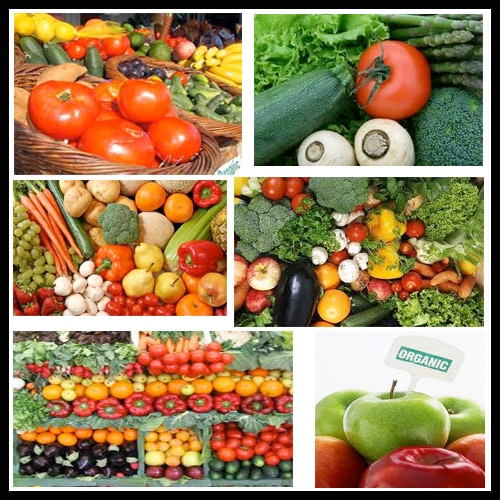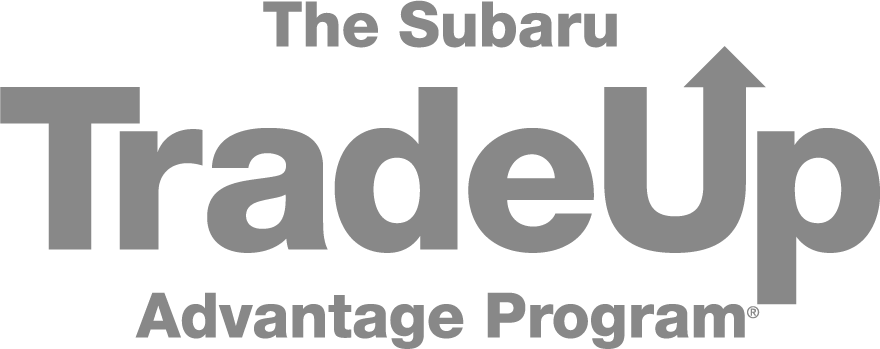Do you dream of having fresh, organic produce, but either rent or don't have the ability to grow your own organic crops? Have you ever considered community gardens and community supported agriculture? Help boost the local economy and get fresh organic products with these tips:
Adapted from
"How to Have an Organic Garden Even If You Rent" posted on Saving Money Today.
If you are a renter, you may think gardening is not possible for you. After all, if you do have a yard, it is not yours to dig up and create a garden. Often, you may not even have room to garden. However, there are other ways you can garden even if you are a renter, and you'll reap the rewards of much lower grocery bills during the growing season.

Community Garden
Many urban areas offer community gardens for the residents. You will have to follow some rules such as keeping your garden free of weeds and not using pesticides as well as picking the fruits and vegetables when they are ripe rather than letting them languish on the vine, but these rules are what you should be doing anyway. We signed up for a community garden this year for a $20 refundable fee. Our kids are excited about watching our plants grow and I am looking forward to the many benefits of gardening, especially getting organic vegetables for pennies. I am looking forward to a substantial drop in our grocery bill. To find a community garden in your area, try to search the Internet with the terms "community garden" and your city and state.
Recently, as part of the city of Brewer's approaching Bicentennial Celebrations, Children's Garden Day was held in the "Secret" Children's Garden. This garden is part of the Penobscot Landing Project, managed by the Parks and Recreation Department and volunteers. In this space, children could plant their own flower and pumpkin seeds, make fairy houses, and got to look at some cool creatures cohabitating with their seeds. WABI-TV has the full story, Secret Garden Location and schedule of upcoming Bicentennial celebrations.
CSA (Community Supported Agriculture)
If you prefer not to do your own gardening or you can't find a community garden, consider a CSA (community supported agriculture). When you join a CSA, you pay up front at the beginning of the season for your fruits and vegetables for the summer and fall. (Many CSAs begin in early June and run through early October.) You do take a risk with the farmer; if the farm floods or the weather affects the crops, you may not get a full season's worth of produce. However, these events are usually rare or the farmer can replace the damaged crops with other crops.
A CSA typically costs $500 to $800 upfront, which can be quite a bit for a family to come up with at once. However, a few CSAs allow you the chance to work for them to pay for your fruits and vegetables. In this bartering arrangement, you either work a few hours a week on the farm or you work a few hours a week at the farmer's market where the farm sells their crops. In our area, the bartering "wage" works out to about $8 or $9 per hour. For your labor, you get organic fruits and vegetables. If you have more time than you have money, this is an excellent arrangement to take advantage of. Many of these farms accept SNAP benefits, (formerly called food stamps), provided you sign up in early Spring. What a great way to encourage healthy eating! This is also a great opportunity to get the kids involved! Spend a few hours a week digging in the dirt, helping your produce grow, and spend some quality time together! I plan on doing this next Summer with my own daughter.
Maine also has a Senior Farm Share Program for senior citizens to enjoy. Participants in the Senior FarmShare Program are entitled to receive a FarmShare ($50 worth) of first quality, fresh, local produce from a Maine farm for a core 8-week period during the growing season. The variety of produce and supply method will vary depending on the farm you choose. They have a list of requirements prospective FarmShare participants must meet in order to qualify. Click here or more information on Maine Senior Farm Share Program.
A great place to find local CSAs is localharvest.org. The farm may openly advertise a bartering arrangement, or you can call them and ask if they have such an arrangement. Check out this list of local CSAs.
Organic produce, while good for you, can be very expensive. Growing a garden or using a CSA is an excellent way to afford organic produce, even if you rent and can't create a gardening space in your backyard.
Sources:
"How to Have An Organic Garden" By Melissa at Saving Money Today, <http://savingmoneytoday.net/how-to-have-an-organic-garden-even-if-you-rent/> June 13, 2012.
Maine CSA information from MOFGA: http://www.mofga.net/Directories/CommunitySupportedAgricultureinMaine/tabid/268/Default.aspx.
Information on Maine's Senior FarmShare Program from Get Real Get Maine:
http://www.getrealmaine.com/index.cfm/fuseaction/home.showpage/pageID/77/index.htm>


